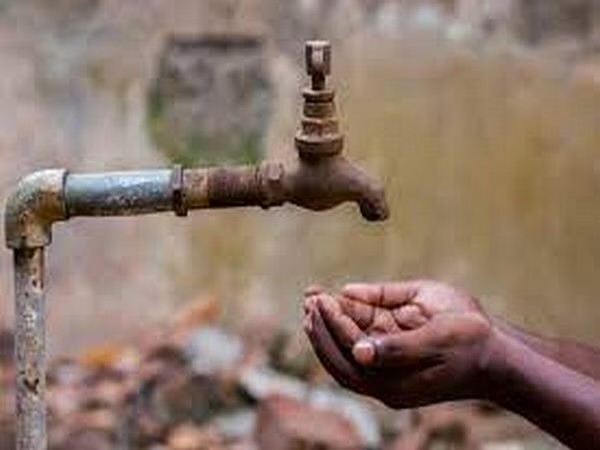Pakistan is facing a severe water shortage that is significantly affecting agriculture and livelihoods across the country. However, in the face of this challenge, farmers in Hyderabad have taken proactive steps to address this growing problem, as reported by ARY News.
With the help of the Sindh government’s water management program, farmers have built small dams on their lands to conserve water and ensure the sustainability of agriculture.
The water scarcity crisis has affected agriculture across Sindh, prompting these Hyderabadi farmers to adopt new strategies to store and use water efficiently, ARY News reports.
A farmer shared, “These dams are a blessing for us. When the water supply is low, we use the stored water to irrigate our crops.”
Another farmer explained that their water storage tank, designed for 25 acres, provides adequate irrigation during critical times.
Moreover, farmers are using these small dams not only for waterways but also for drip irrigation systems, which ensures optimal water use.
As the holy month of Ramadan comes to an end, farmers are expressing gratitude for this development and emphasizing the importance of water conservation during Eid celebrations.
“Eid is a time of reflection and gratitude. These small dams symbolize hope and resilience for our community,” said a local farmer.
According to ARY News, Sindh province is facing a severe water crisis, with major dams like Tarbela and Mangala reaching dangerously low levels. The water shortage has reached 50 percent, severely affecting major crops like cotton, sugarcane and vegetables.
Earlier, the Sindh Irrigation Department had warned of water shortage and drought in Karachi and other areas.
Due to lack of rainfall during the Rabi season, the water levels in Tarbela and Mangala dams have dropped to 0.102 MAF and 0.226 MAF respectively, and it was predicted that both dams could reach dead levels within a few days, leading to water shortage.
If the situation continues, water shortages could exceed 50 percent at the start of the kharif crop season, causing serious problems for agriculture in the region.





